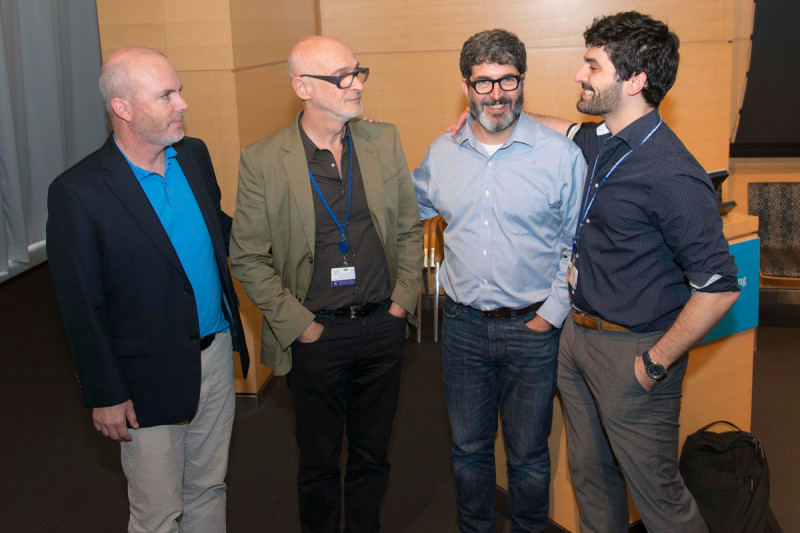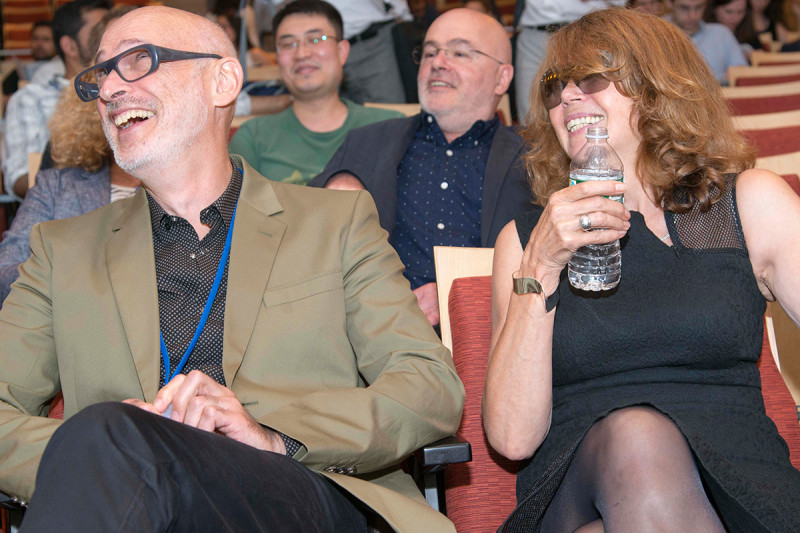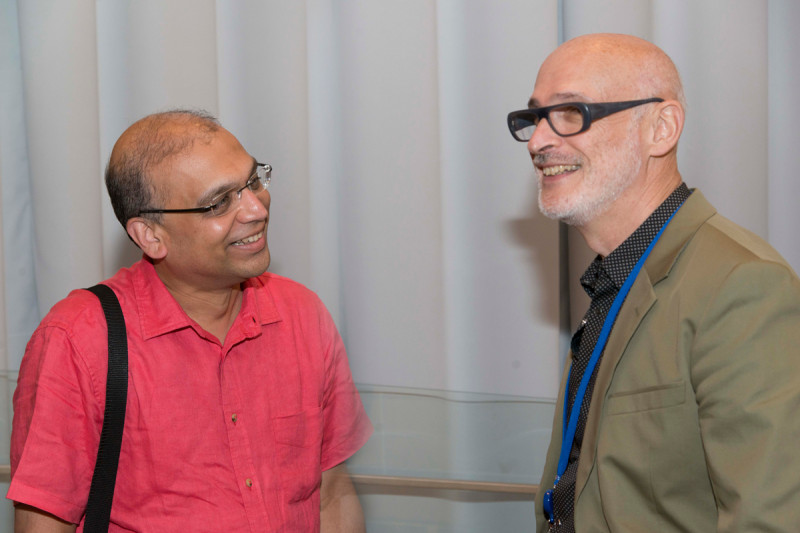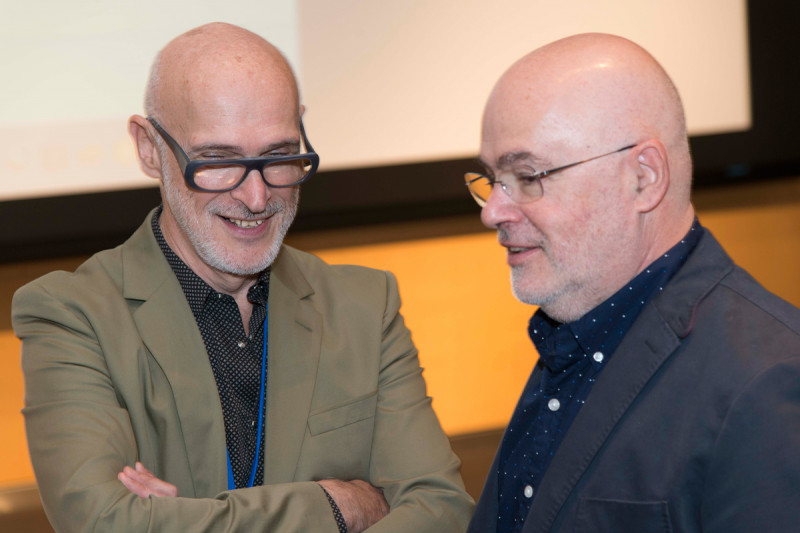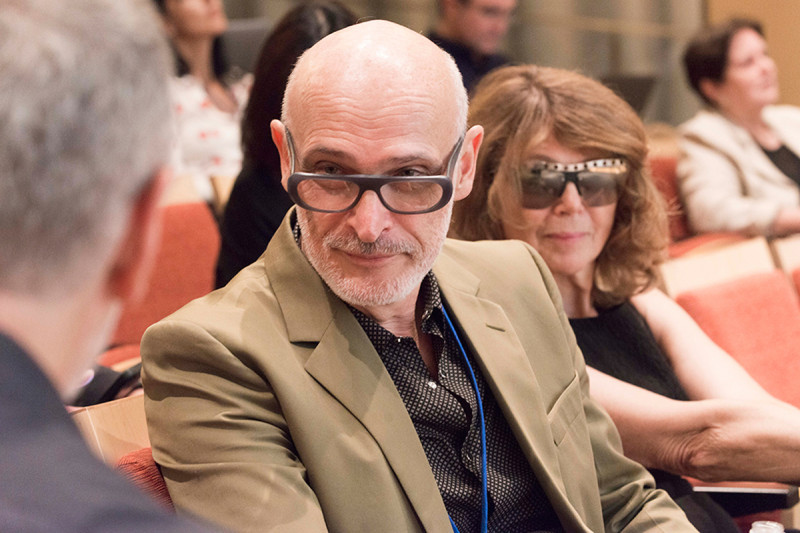On Friday, scientists from around the world flocked to Memorial Sloan Kettering for a symposium celebrating the work of Sasha Rudensky, Chair of the Immunology Program at the Sloan Kettering Institute and Director of the Ludwig Center for Cancer Immunotherapy at MSK. Dr. Rudensky turned 60 years old on Friday, and the symposium was part scientific conference, part birthday celebration.
Dr. Rudensky is best known for his work on a class of immune cells called regulatory T cells (Tregs). These are guardian cells that help to rein in immune responses once they are no longer needed. They help to ensure immune homeostasis, and also protect the body from autoimmunity — when the immune system attacks normal tissues.
He made a seminal discovery about Tregs in 2003 when he showed that a protein called Foxp3 is the main genetic control switch for Treg development.
Research into Treg development and function promises to enhance our ability to combat many diseases, including autoimmunity and cancer. By selectively targeting Tregs in cancer, for example, researchers hope to be able to empower our own immune systems to better fight this disease.
The gathered scientists did more than praise Dr. Rudensky’s substantial scientific contributions — they also commended his mentorship and friendship.
Alexander Tarakhovsky, a virologist from Rockefeller University, called him “a mentor to students but also to friends.”
Christophe Benoist, an immunologist from Harvard Medical School, said his relationship with Dr. Rudensky was “the scholarly relationship that he valued most.”
Jason Fontenot, Dr. Rudensky’s former graduate student, noted how appreciative he was of Dr. Rudensky’s mentorship and the model he set as a scientist. “More often than not, he was the first guy in the lab and the last guy to leave,” Dr. Fontenot said. “He didn’t need to tell us to work hard.”
Joan Massagué, Director of the Sloan Kettering Institute, couldn’t be there in person but sent a video, saying, “Thank you for all your contributions to science, your loyalty, and your friendship.”
Many speakers drew attention to Dr. Rudensky’s dry sense of humor and his penchant for telling jokes, which contrasts with what many people see as his serious demeanor. Whether Dr. Rudensky’s jokes were of the same high quality as his science was a subject of debate.
At the end of the day, Dr. Rudensky spoke to the assembled audience and thanked them for the warm tribute. “I am by far not as a good as people told you, but maybe also not as bad,” he said, adding, “and by the way, the jokes are funny.”
A complete list of symposium participants can be found here.
